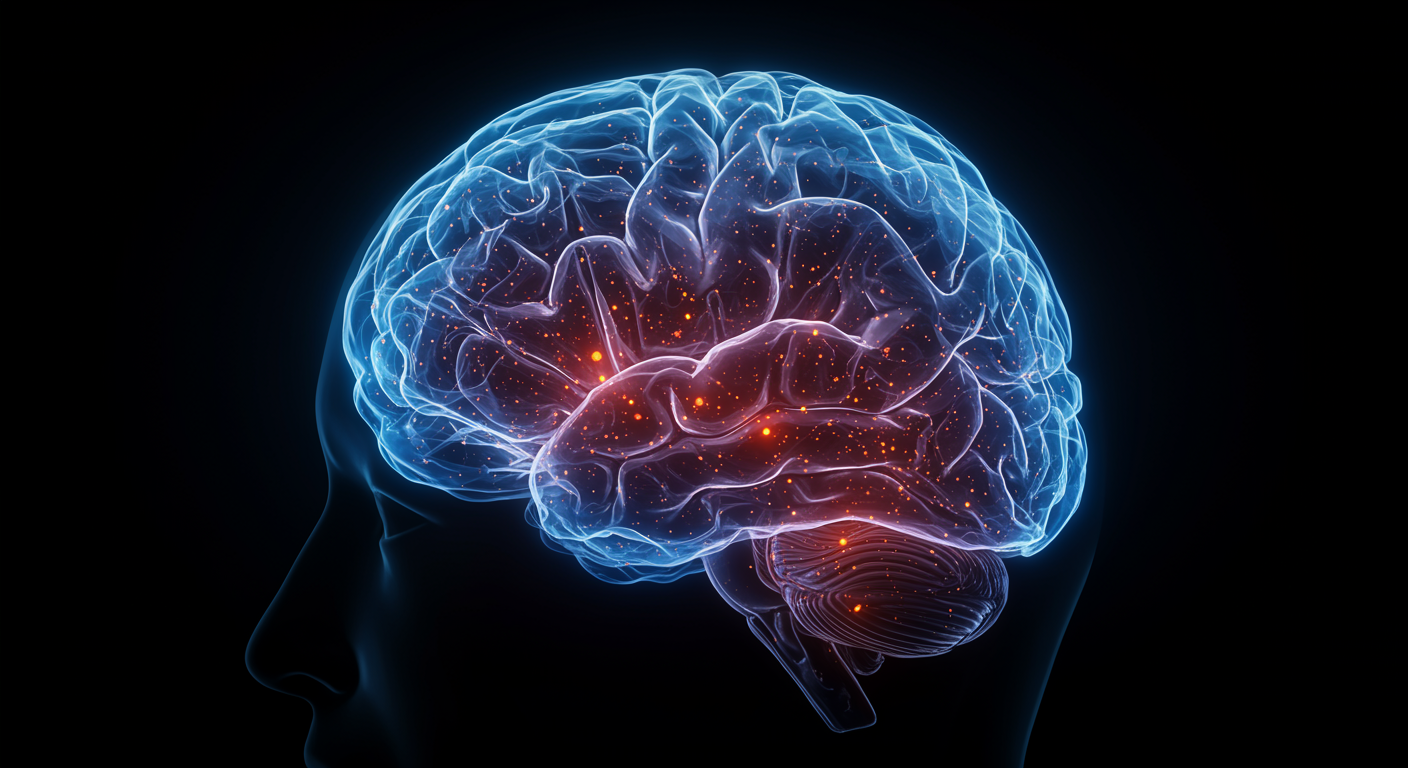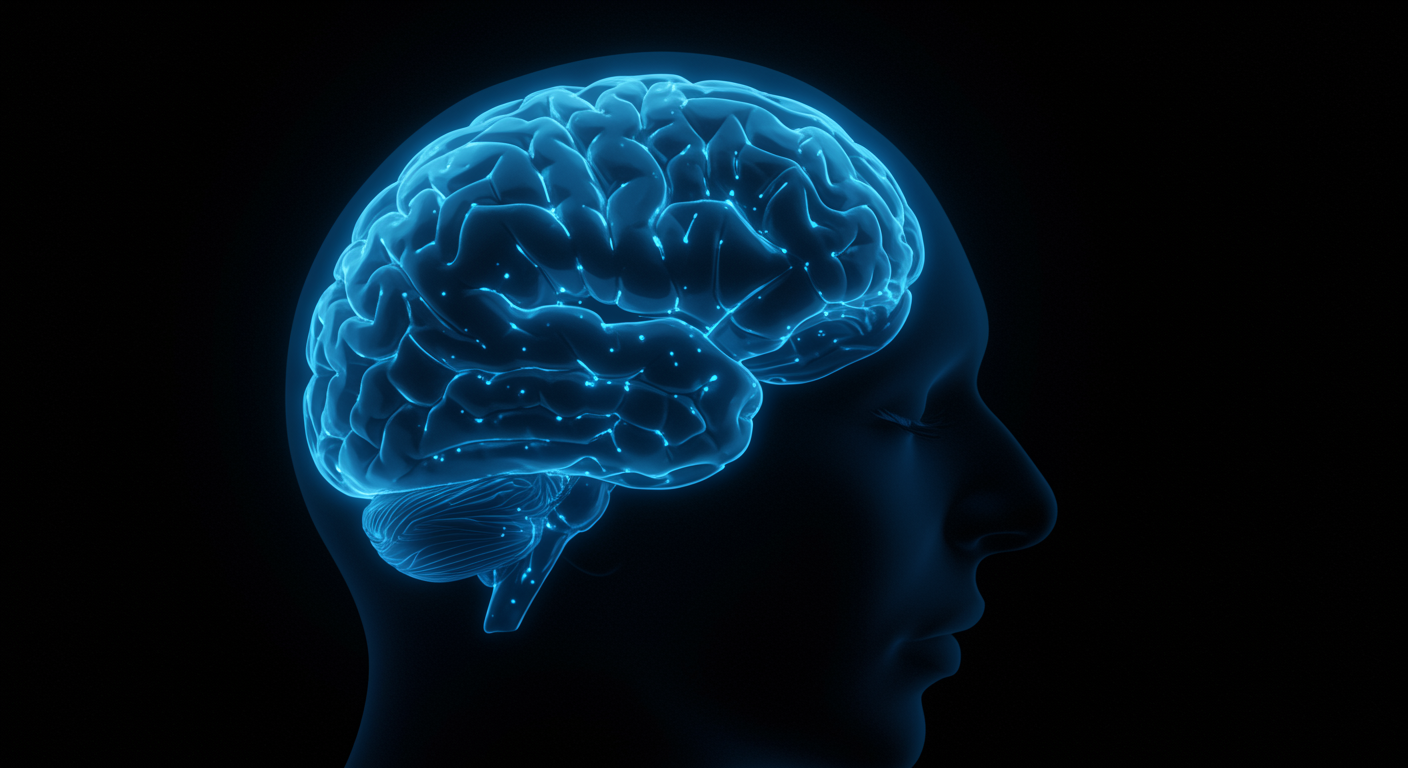Glycine Improves Daytime Performance After Sleep Restriction: Clinical Trial
Can Glycine Improve Your Performance After a Poor Night’s Sleep?
Glycine supplementation significantly improves subjective daytime performance, alertness, and cognitive function in healthy adults following partial sleep restriction, this clinical trial demonstrates. Participants who took 3 grams of glycine before bedtime after sleeping only 5 hours showed substantial improvements in next-day alertness ratings, reduced fatigue scores, and better performance on attention and working memory tasks compared to placebo. The study found that glycine not only improved sleep quality during the restricted sleep period but also enhanced the restorative value of limited sleep, allowing participants to function better despite getting less sleep than optimal. This suggests that glycine may help mitigate some of the performance impairments associated with insufficient sleep, making it potentially valuable for people dealing with unavoidable sleep restriction.





